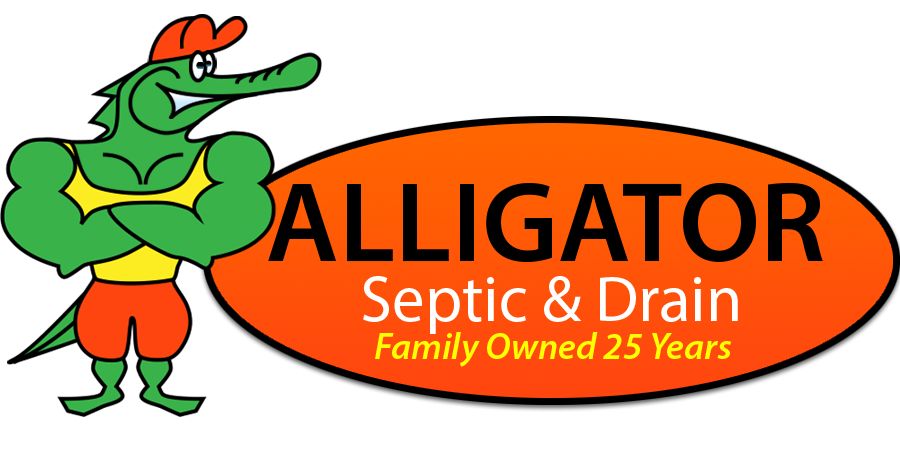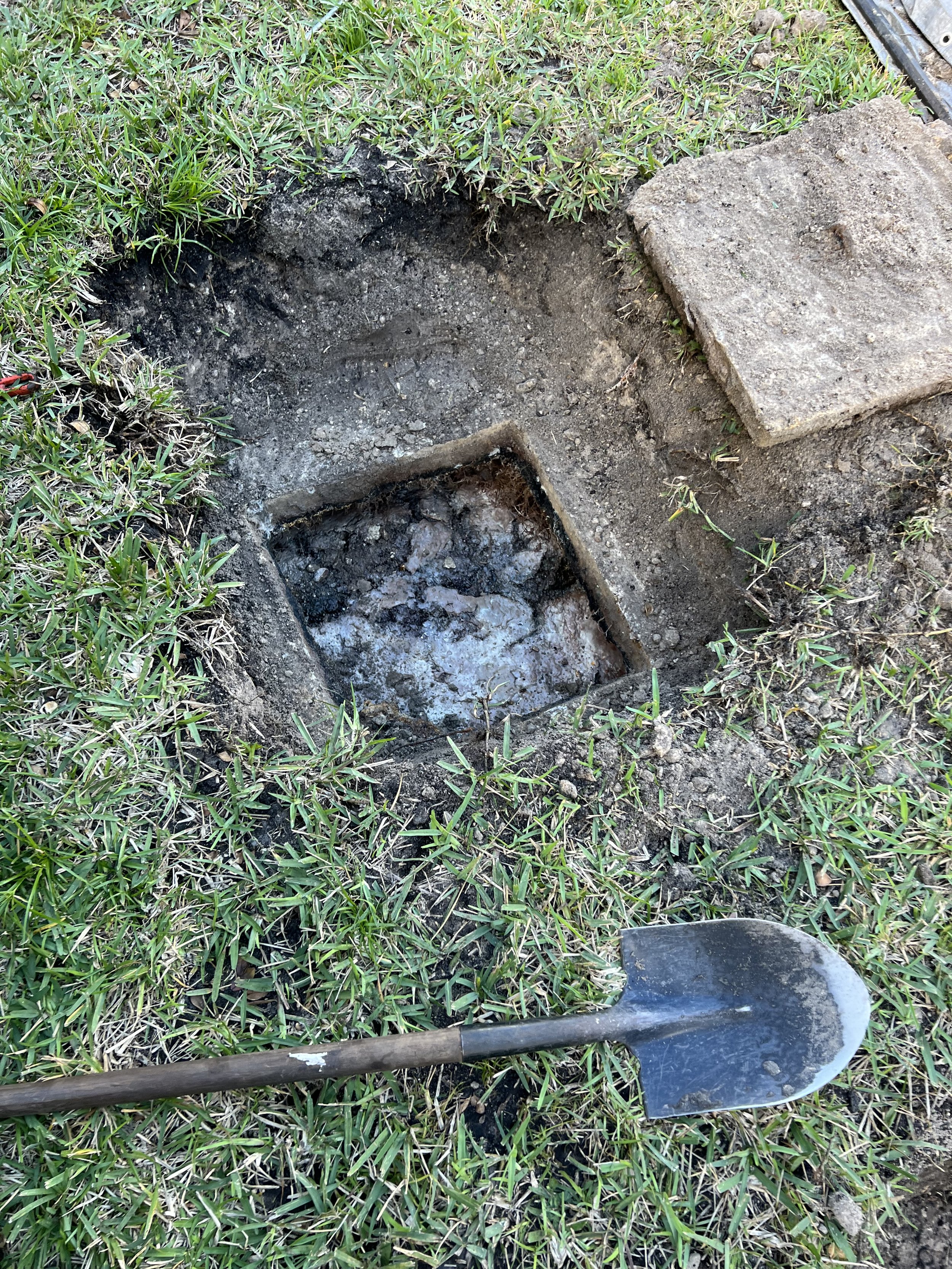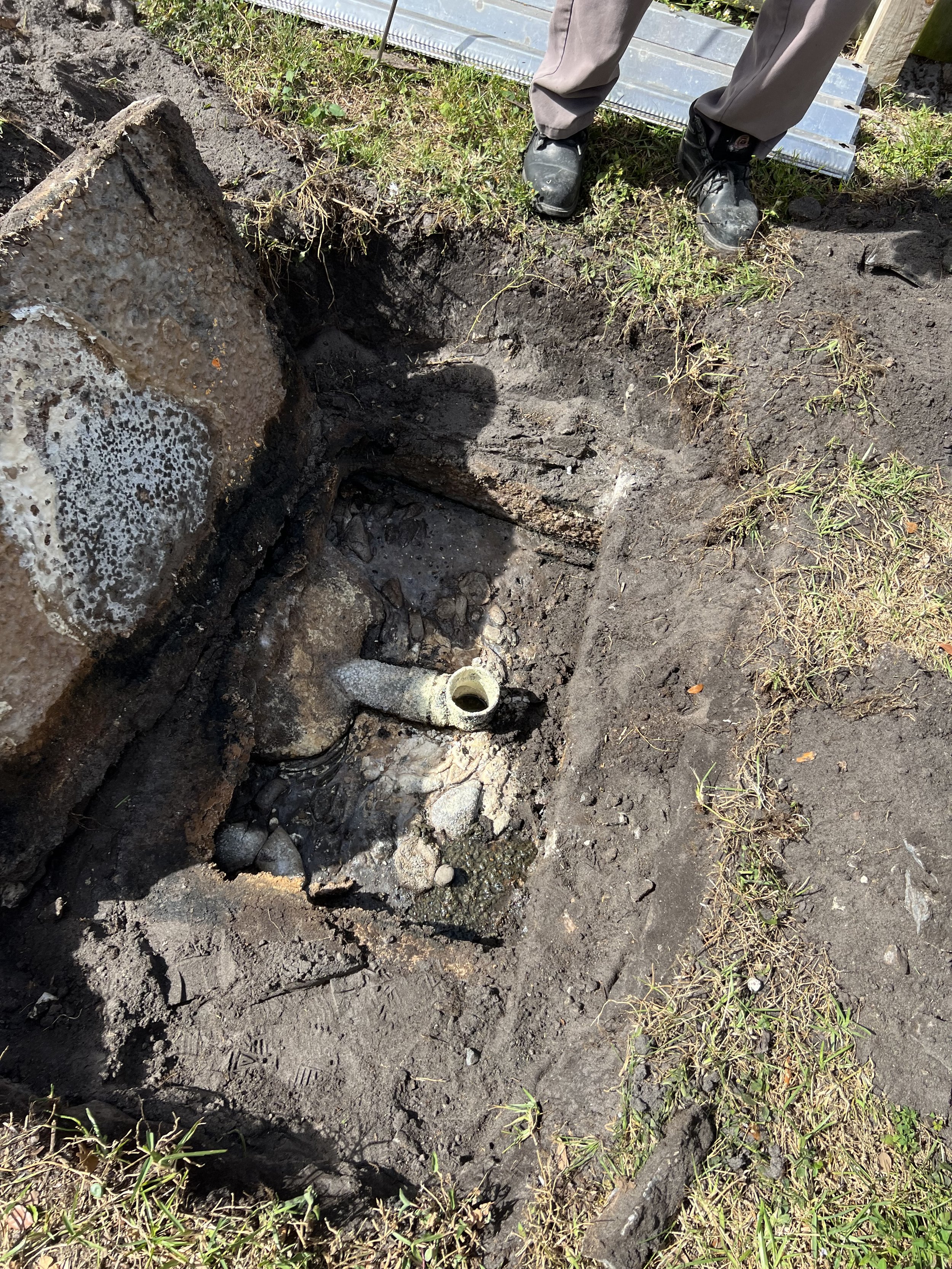The 10 Biggest Septic System Mistakes You Can Make
1: Not Pumping Your Septic Tank Often
One of the most common mistakes homeowners make with their septic systems is failing to pump the tank regularly. Septic tanks are designed to hold a certain percentage of solids and sludge. When sludge and solids build up beyond normal they begin to escape into the drain field. The frequency of pumping your septic tank depends on several factors, including the size of your tank, the number of people in your household, and your water usage.
Pump Every 2-3 years
3. Using Excessive Water
Another common mistake homeowners make with their septic systems is using too much water. Using too much water can overload your septic system, stirring up sludge that should be settling to the bottom of the tank and sending it out to the drain field.
Avoid This By:
Keeping your ears perked for running toilets.
Avoid taking filling up bathtubs everyday normal showers use less water.
Try and do laundry only when you can do full loads.
4. Flushing Synthetic Items
Flushing non-biodegradable things down your toilet is another significant mistake homeowners make with their septic systems. Items like wipes, feminine hygiene products, and paper towels can clog your septic tank and cause backups. These items should be disposed of in the trash, not flushed down the toilet.
5. Planting Trees or Shrubs Near Your Septic System
Planting trees or shrubs near your septic system might seem harmless, but it can lead to significant problems. The roots of trees enter into the tank through the lids, inlet pipe from the house and the outlet line to the drain field.
If you must plant near your septic system, choose shallow-rooted plants like grass.
6. Building or Paving Over Your Septic System
Building a structure or paving over your septic system can cause significant damage. Heavy structures like sheds or decks can cause back pitches in the inlet pipe, and outlet pipe. Building anything over the top of the tank is a complete no no because the tanks need to be cleaned very few years to keep the sludge level in check.
To avoid this mistake, ensure that you know where your septic system is located and avoid building or paving over it. If you're unsure about the location of your septic system, get it professionally inspected. Tanks need easy and safe access. Inquire about an easy access solution like a heavy duty steel manhole cover to the surface.
7. Ignoring Warning Signs of Septic System Issues
Ignoring warning signs of septic system issues is another significant mistake homeowners make. Symptoms like slow drains, gurgling sounds, and foul odors can indicate a problem with your septic system. If you ignore these signs, the problem can worsen, leading to backups, overflows, and costly repairs.
To avoid this mistake, be vigilant for warning signs of septic system issues and address them promptly. Don't hesitate to call a professional if you suspect a problem with your septic system.
8. Not Getting a Professional Inspection When Buying a Home
If you're buying a home with a septic system, it's essential to get a professional inspection. A septic system inspection can uncover any problems with the system and help you avoid costly repairs down the road. Skipping this step can lead to unpleasant surprises and unexpected expenses.
To avoid this mistake, always get a professional septic system inspection before buying a home. This will give you peace of mind and help you avoid costly repairs.
9. Neglecting Your Drain Field
The drain field is an essential component of your septic system, yet many homeowners neglect it. Over time, the drain field can become clogged with solids and grease, leading to reduced efficiency and eventual failure.
To avoid this mistake, have your drain field inspected regularly and avoid planting anything over it. Additionally, be mindful of what you put down your drains and avoid flushing non-biodegradable items.
10. DIY Repairs - Fix One Septic Problem Cause 3 Others
We are often fixing improper DIY repairs. Septic systems are complex and require specialized knowledge and tools to repair properly. Attempting repairs on your own can lead to further damage and costly repairs.
Lids: We have seen wood being used for lids allowing sand to get into tanks, concrete lids made without any rebar reinforcement and rugs being used to seal holes.
Pipe repairs: The biggest pipe repair mistake we see is inlet and outlet pipes not being sealed to the tank properly with cement, allowing sand and roots to get into the tank.
Drain field repairs: Do it yourselfers usually install inadequately sized drain fields. We often see properly installed drain field without an outlet baffle allowing sludge to run into an otherwise good system.
To avoid this mistake, always call a professional when you need septic system repairs. This will ensure that the job is done correctly and safely.






